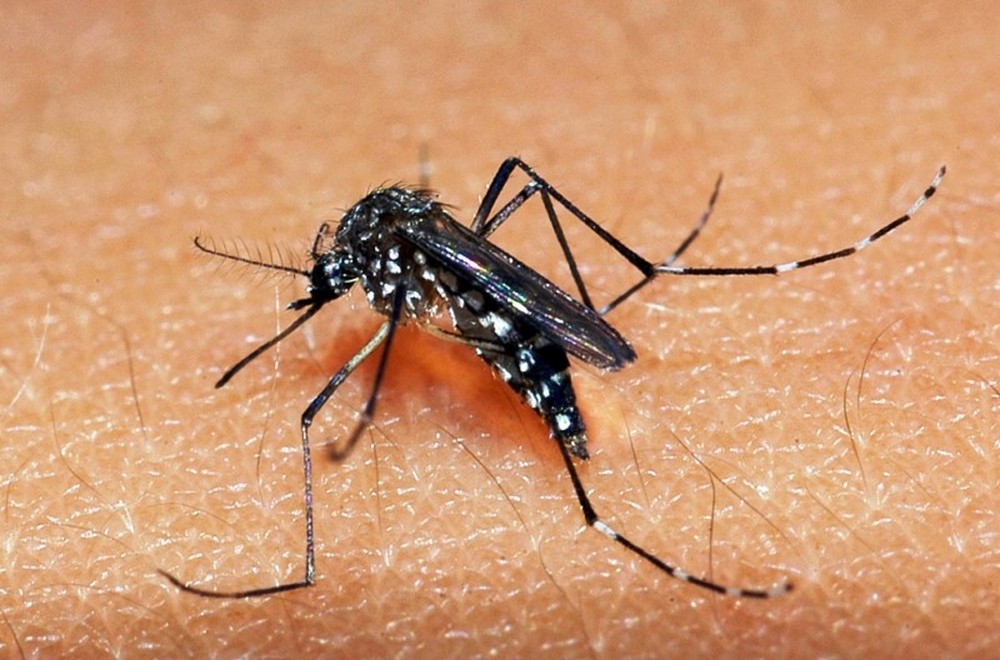
Aedes aegypti. Photo: Disclosure
Zika is a disease transmitted by the bite of Aedes aegypti. It represents a greater risk than other viruses such as dengue and chikungunya, especially for pregnant women. This virus can cause fetal neurological complications, such as microcephaly, a congenital malformation in which the baby’s brain does not develop properly.
According to infectologist and technical reference for arboviruses, Teresa Cristina Cardoso Silva, pregnant women should take special care. “Zika virus infection, in most cases, is mild and resolves spontaneously after 10 days. Of concern are the neurological complications in the affected fetus during pregnancy. It is important for the population to take preventive measures against mosquitoes. In addition, it is essential that a pregnant woman always look for a unit essential health to start antenatal care, as soon as pregnancy is detected, and to attend consultations regularly,” explained the ref.
In this period of rain in the state, with increased cases of mosquitoes, pregnant women need to take some precautions. To avoid disease transmission, measures such as using screens on windows and doors; wear long clothes, so as not to leave areas of the body exposed to mosquito bites and apply insect repellent; It is preferable to stay in places where there are protective screens, mosquito nets or other barriers; An example of this is practicing safe sex so as not to transmit the virus to the fetus.
All residents should work to prevent A. aegypti breeding sites in their homes, schools and work environments.
More than 800 cases of Zika virus infection in 2021
Espírito Santo recorded 898 cases of Zika virus infection from January to October this year. The data can be found in the weekly bulletin released by the Nucleus Environmental Monitoring Team, from the Department of Health (Sesa), this Thursday (9).
The bulletin also reports the occurrence of dengue fever and chikungunya. 14,065 cases and 2,981 cases were confirmed, respectively, in the same period.

“Wannabe internet buff. Future teen idol. Hardcore zombie guru. Gamer. Avid creator. Entrepreneur. Bacon ninja.”
